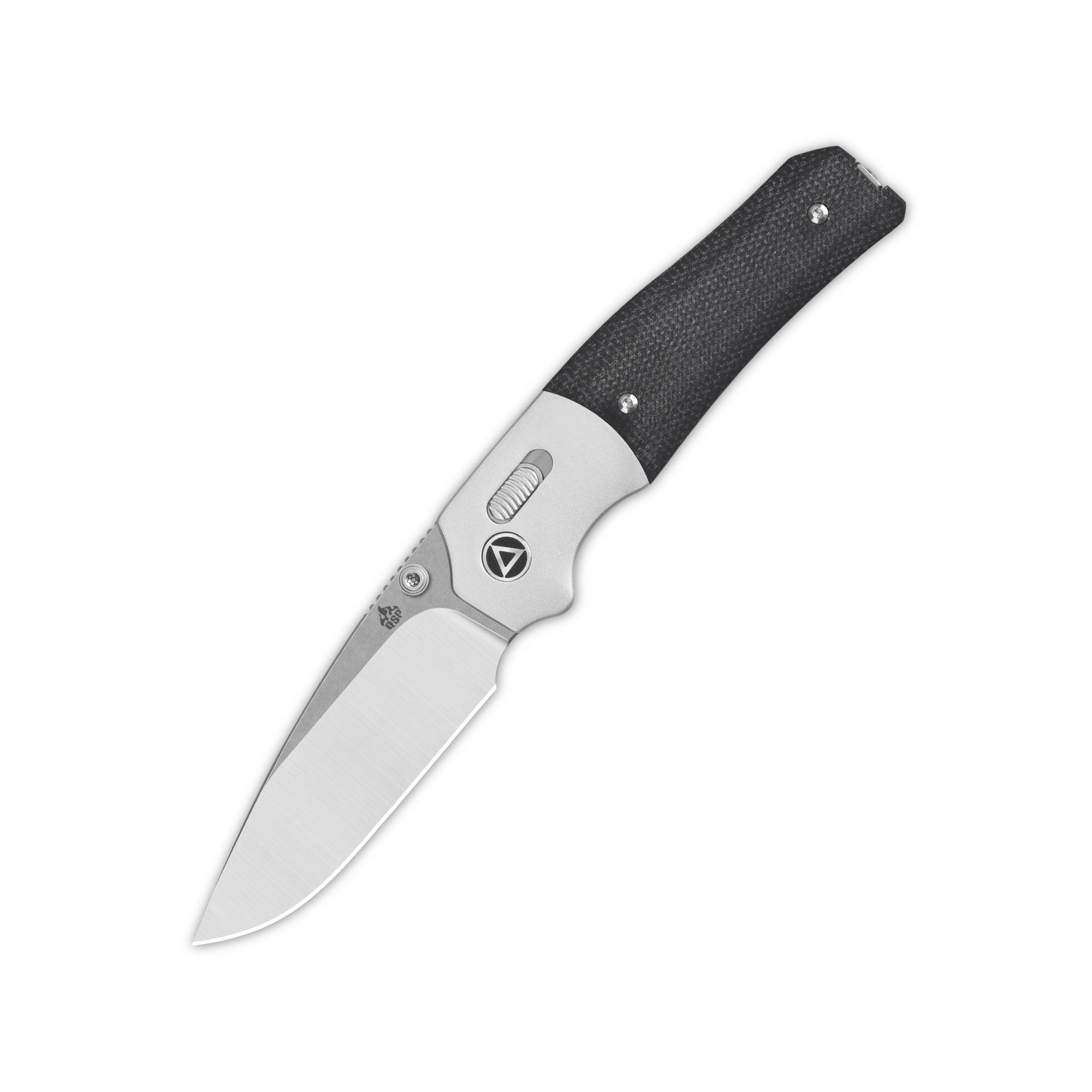The folding knife has a rich history that spans centuries, evolving from a simple tool for everyday tasks to a highly sought-after collectible. This article delves into the fascinating journey of folding knives, highlighting their significance in various cultures and their transformation into modern-day artifacts.

Historical Significance of Folding Knives
Folding knives have been utilized since ancient times, serving as essential tools for survival and daily life. Initially crafted from materials like stone and bone, these knives were designed for practicality. As metallurgy advanced, the introduction of iron and steel allowed for more durable and effective designs.
- Ancient Origins: The earliest folding knives date back to the Roman Empire, where they were used by soldiers and civilians alike.
- Medieval Innovations: During the Middle Ages, folding knives became more sophisticated, featuring intricate designs and mechanisms.
- Renaissance Craftsmanship: The Renaissance period saw the rise of skilled artisans who created folding knives as both tools and works of art.
The Mechanics of Folding Knives
Understanding the mechanics of a folding knife is crucial for appreciating its design and functionality. These knives typically consist of a blade, handle, and a locking mechanism. The blade can be made from various materials, including stainless steel, carbon steel, and even high-tech alloys.
How does the locking mechanism work? Most modern folding knives utilize either a liner lock, frame lock, or lock-back system to secure the blade in an open position. This feature not only enhances safety but also ensures that the knife can be used effectively without the risk of accidental closure.
Folding Knives as Collectibles
In recent years, the folding knife has gained popularity among collectors. What makes these knives so appealing? Collectors are drawn to the craftsmanship, historical significance, and unique designs of various models. Limited editions and custom-made knives can fetch high prices at auctions, reflecting their status as collectibles.
- Artistry: Many folding knives are designed with intricate patterns and materials, making them visually stunning.
- Historical Value: Vintage folding knives often carry stories and significance that enhance their appeal.
- Community: The knife collecting community is vibrant, with enthusiasts sharing knowledge and showcasing their collections.
Choosing the Right Folding Knife
When selecting a folding knife, consider your intended use. Are you looking for a practical tool for everyday carry or a collectible piece for display? Here are some factors to keep in mind:
- Blade Material: Choose a blade that suits your needs, whether for durability or ease of sharpening.
- Size and Weight: Ensure the knife is comfortable to carry and use.
- Locking Mechanism: Familiarize yourself with different locking systems to find one that you prefer.
For those interested in exploring a variety of folding knives, visit to discover an extensive collection that caters to both practical users and collectors alike.
Conclusion
The folding knife has undergone a remarkable transformation throughout history. From its humble beginnings as a practical tool to its current status as a collectible, the folding knife continues to captivate enthusiasts around the world. Whether you are a collector or simply appreciate the craftsmanship, understanding the evolution of these knives enriches your experience.








